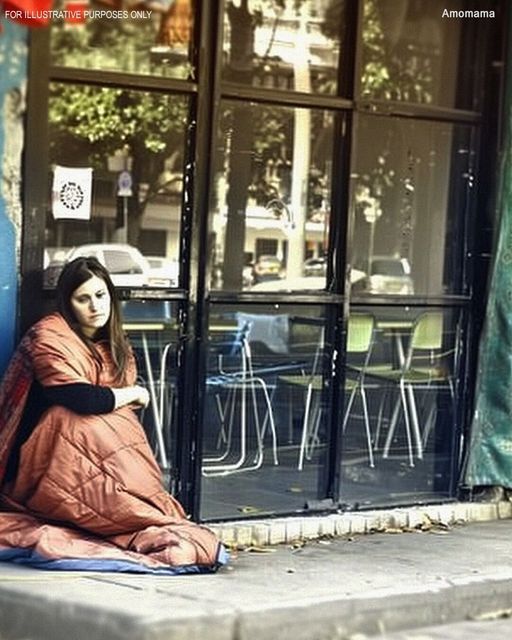When Nadia returned from her studies abroad, she found herself facing the traditional expectations of an arranged marriage, a reality at odds with her newfound independence. With the wedding date looming, she decided to test her fiancé, Danny, to gauge his true character.
I never imagined that I’d find myself disguised as a homeless woman, sitting on a sidewalk outside a restaurant. I sat there, hunched with a shawl wrapped around my shoulders, hoping that Danny, my wealthy fiancé, would show up.
Despite living in the 21st century, arranged marriages still hold sway in my culture. I had been studying in America for four years, where I embraced ideals of independence and freedom, which made the prospect of an arranged marriage even more jarring.
When my parents first told me about my engagement to Danny, I was still in the States, grappling with the implications of this decision.
“Now that you’ve been abroad and have studied,” my mother said, “it’s time for you to become a wife.”
I tried to voice my objections, but they were met with indifference. “Nadia, your father and I had an arranged marriage, and everything turned out well for us.”

So, now I faced the reality of marrying a man I barely knew, someone chosen by my parents and embedded in an affluent lifestyle. I needed to see beyond the surface.
At our first meeting, Danny arrived in a sleek suit, carrying flowers and a gift bag. He was handsome and charming, but I needed to know more about him than just his appearance.
As we sat for tea, Danny and his family impressed my parents with their generosity and warmth. They spoke of Danny’s charity work, highlighting how he frequently helped the homeless and organized food drives. His mother beamed with pride as she detailed his efforts.
I couldn’t ignore the disconnect between this portrayal and my own feelings. I was to marry someone I barely knew, and I was eager to understand if Danny’s public persona matched his private character.
So, one morning, I dressed as a homeless woman and went to sit outside Danny’s restaurant. I wanted to see if he truly cared about the people he helped or if it was all just a façade.
When Danny arrived, he paused, noticing me on the sidewalk. “Excuse me, Ma’am,” he said, “what do you need? We have a shelter nearby where you can get a meal and clean clothing.”
His response was genuine, showing empathy and concern beyond a simple handout. I revealed myself, and Danny’s shock was evident. “Nadia? What are you doing?”
“I was testing you, Danny. I needed to see if you’re as kind as you seem,” I explained.
Danny looked taken aback, then confessed, “I should be honest too. I’ve been distant and difficult on purpose, hoping you’d call off the wedding. I wanted to marry for love, not an arrangement.”
His honesty surprised me. He revealed his past and the reasons behind his charitable work, which were deeply personal. He wanted to be valued for who he was, not just his wealth or status.
We spent the evening talking, breaking down the barriers of pretense and expectations. We connected on a level I hadn’t anticipated, discovering shared values and genuine affection.
In the weeks that followed, we dated with newfound sincerity. Our interactions were filled with real emotions and mutual respect. Our families noticed the positive change in us.
Now, as we approach our wedding day, I feel content and optimistic. We have forged a bond that goes beyond the traditional constraints of an arranged marriage. I am marrying someone who truly understands and values me.

